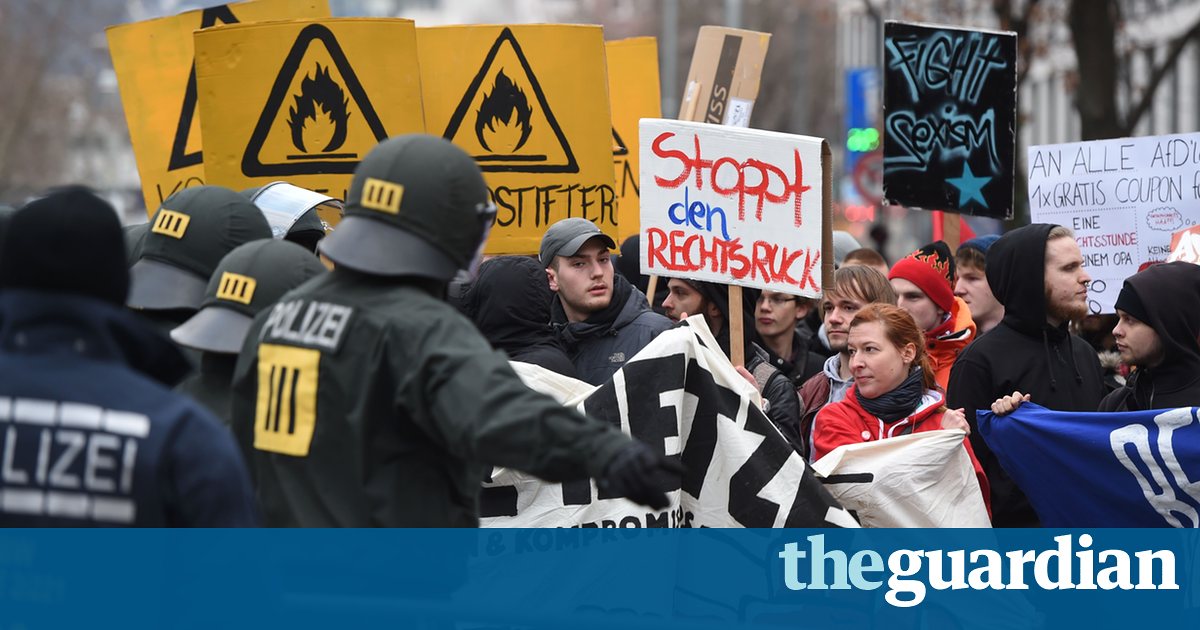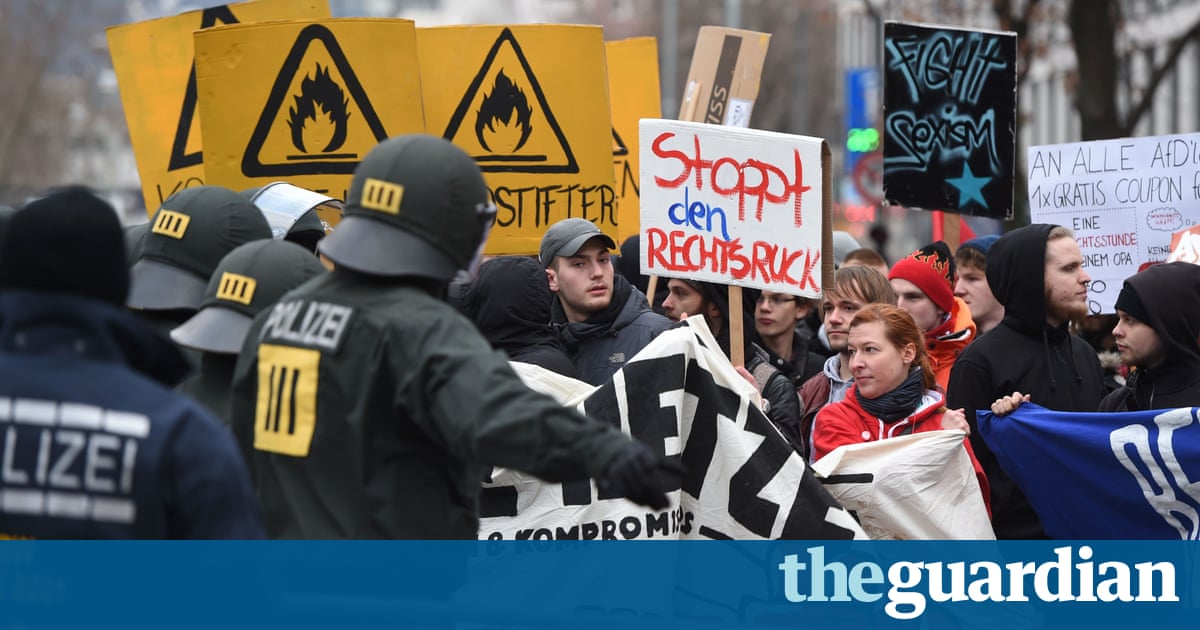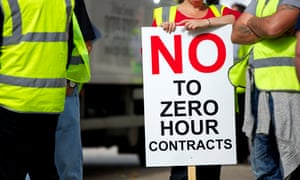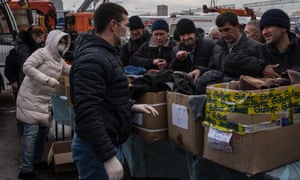Economic woes create anti-establishment movements around the world

In some western countries frustration with the status quo is boosting populist and rightwing political parties

The US is not the only western nation to be undergoing political ructions over the faltering post-crisis recovery. New counter-establishment parties have emerged in several countries and, as in the UK, people have voted for dramatic change. Meanwhile, theres a growing sense in developed economies that workers have yet to benefit from the recovery or rising globalisation.
Germany
Germanys economy has largely outperformed the wider eurozone in recent years. Its unemployment rate is low and youth unemployment is the lowest in EU. But not everyone feels they are getting the benefits of Germanys stand-out performance. Wage growth has been relatively modest, and anger has intensified recently over meagre returns on savings as the European Central Bank cut key interest rates into negative territory. That has exacerbated grievances some Germans have long held over the euro, a union they feel benefits poorer countries more than their own.
Animosity towards the single currency was behind the founding of the populist Alternative fr Deutschland (AfD) party in 2013. The party has since shifted to the right and enjoyed gains in regional elections by playing on fears over immigration and chancellor Angela Merkels policy on refugees.
UK

After a prolonged squeeze on household incomes in the wake of the financial crisis and spending cuts, Junes Brexit vote was widely seen as being as much about frustration with the establishment as a decision to leave the EU. Ministers have repeatedly hailed Britains rising employment and relatively strong economic growth, but a quick look behind the headline figures explains why such boasts have been met with disbelief by many. Employment is up, but a significant driver of this gain has been self-employment and other forms of insecure work such as zero-hours contracts, and employers have continued to rely on low-paid labour rather than investing to grow. A recent study by the Trades Union Congress,the umbrella body for British unions, found Britain suffered a bigger fall in real wages since the financial crisis than any other advanced country apart from Greece.
France

Years on from the financial crisis, many French people feel they are not sharing in the recovery. Franois Hollande has come under fire for his handling of the economy and is Frances least popular president on record. Unemployment remains above 10%, one of the highest rates in the EU. Youth unemployment is higher still, at 24%. The rebound in economic growth has been lacklustre.
Many feel that globalisation is bringing more costs than benefits for France. Anti-globalisation and anti-euro sentiments have combined with fears over terrorism and immigration to drive up support for Marine Le Pens far-right Front National. Le Pen is seen as likely to reach the run-off in next years presidential elections but, like her father in 2002, is expected to be defeated.
Italy

Economic growth has been consistently disappointing in Italy and a succession of coalition governments has failed to push through reforms to help adapt the economy to a changing world. The International Monetary Fund warned recently that the economy may not fully recover until the mid-2020s. Scope for Matteo Renzis centre-left government to use tax cuts or increases in public spending to boost growth has been limited by low productivity, high unemployment and rising national debt.
The country goes to the polls next month in a referendum on changes to its constitution that Renzi and his allies argue will make the country easier to govern and reform. Similar to the Brexit vote in the UK, the referendum is being seen as a way for Italians to voice their general discontent with the establishment and the sluggish economy.
A defeat for the prime minister could pave the way to a national election, with gains expected for comedian Beppe Grillos anti-establishment Five Star Movement. Another populist force is the rightwing Northern League. It began as a party that argued for a separation of rich northern Italy from the poor south, but its focus has shifted to immigration.
Russia

Photograph: TASS / Barcroft Images
Russias economy has been ravaged by recession and it is expected to shrink again this year, returning to only modest growth in 2017. The slump, intensified by western sanctions and low oil prices, has pushed Russias poverty rate to a nine-year high. The World Bank expects it to rise further, with more than 20 million people, out of a population of some 140 million, living below the poverty line.
The blow to energy-dependent Russia from global oil prices almost halving has limited the help it can give any part of the economy. But there is a feeling among many workers that their lives have become bleaker as high inflation erodes household incomes, while companies fared better thanks to state support and a weak rouble.
This squeeze on the working classes has not manifested itself in the kind of new populist movements seen in EU countries. Russia expert Charles Movit at consultancy IHS Economics says: The media is totally controlled by the state in Russia and the tradition of strong leaders is ingrained. [President Vladimir] Putin himself is very popular, the government less so and the opposition is very weak.